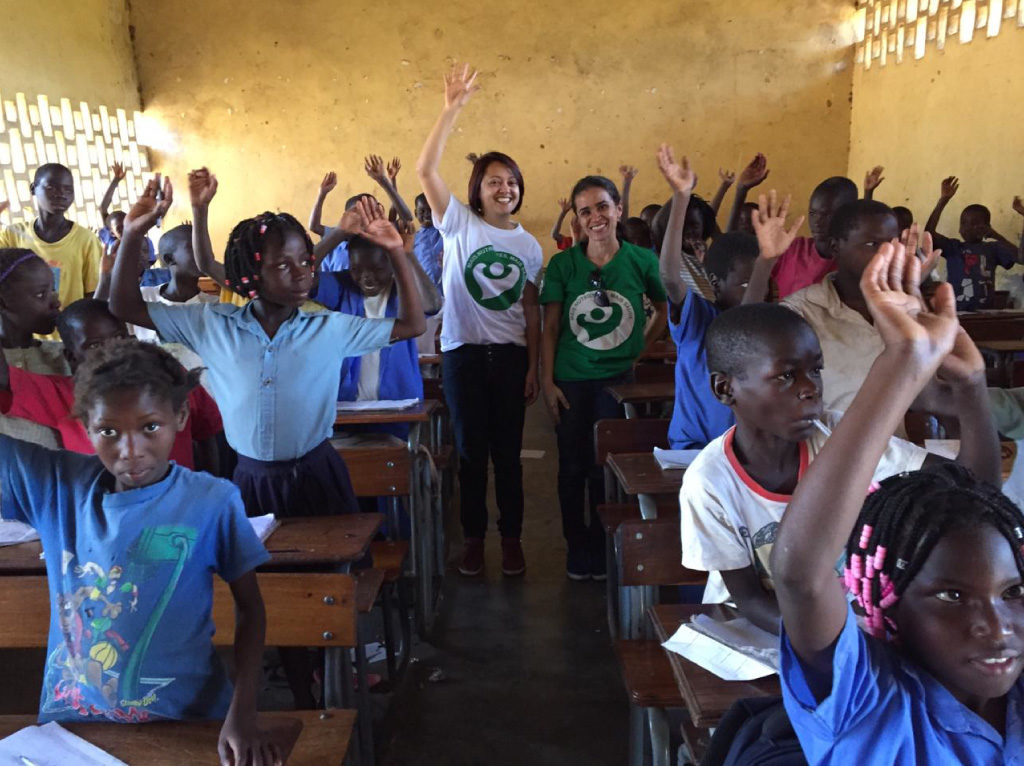
Members of the four institutions began visits to schools and smallholder farmers in the provinces of Tete and Manica, Mozambique, on Monday 15, in order to gather information for structuring the logical framework matrix of the future country project.

The field team, composed by nutritionists, agronomists and technicians, is working on the mapping of the priority geographical areas for the elaboration of the country project. Within this mapping, made with the collaboration of local technicians and farmers, is the study of food habits and new foods that can be produced and marketed by smallholder farmers, with the intention of enriching the local diet. The information gathered will serve as input for the joint implementation of new methods of planting and crop rotation and adding value to cotton by-products and food crops. The visit will help to choose which communities will be the pilots of implementation of the initiative, as well as subsidy for replication in other territories in the country.

The Beyond Cotton project aims to introduce new institutional and private marketing channels to smallholder farmers, encouraging crop diversification and ensuring, in addition to subsistence consumption, the sale of surpluses in their own territories. The strengthening of technical capacities is the main strategy used in this trilateral cooperation, aiming for long-term impacts and focusing on sustainability.

Beyond Cotton is a joint initiative of the WFP Centre of Excellence against Hunger and the Brazilian Cooperation Agency, with support from the Brazilian Cotton Institute. It aims to support smallholder cotton producers and public institutions in African countries to connect cotton by-products, such as seed oil and cake, and associated crops, such as maize, sorghum and beans, to reliable markets, including school feeding programmes.





